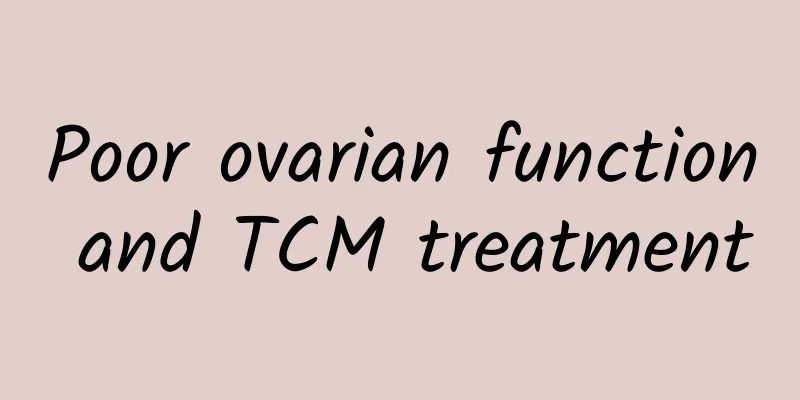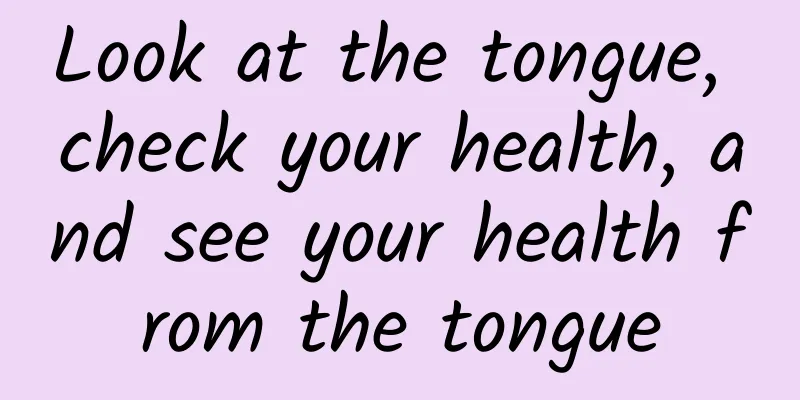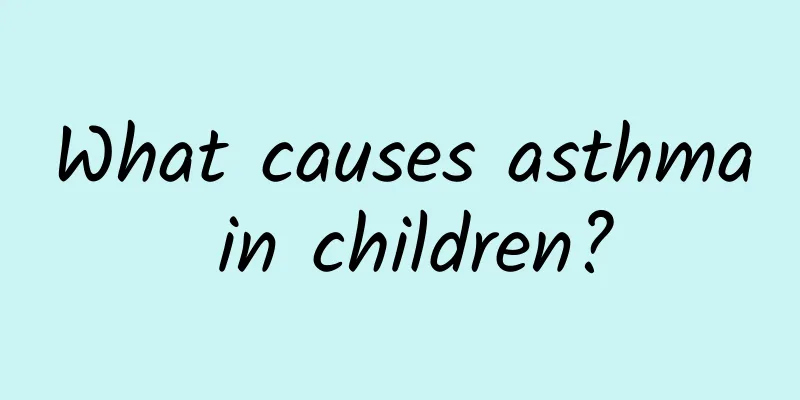Symptoms of cardiac neurosis

|
Cardiac neurosis is a common functional heart disease. The main symptoms of cardiac neurosis are palpitations and pain, shortness of breath and fatigue, as well as some other types of neurological symptoms. With the increase of life pressure and mental stress, cardiovascular diseases will gradually appear. Cardiac neurosis is a common cardiovascular disease, which must be discovered and treated in time. The common symptoms of cardiac neurosis are relatively easy to change, mainly focusing on changes inside the heart, and may also cause neurological lesions. Cardiac neurosis must be prevented and cared for in a timely manner. Below we will introduce the main symptoms of cardiac neurosis. 1. Palpitations are the most common symptom, with conscious heartbeats, pulsations and discomfort in the precordial area, which are more obvious during exercise or emotional excitement. It is purely a subjective feeling of the patient, and no objective examination has found anything. However, sometimes a strong apex beat or sinus tachycardia can be seen, occasionally atrial or ventricular premature contractions or short-term paroxysmal supraventricular tachycardia. Mild activities can cause the heart rate to increase significantly and disproportionately, and patients often dare not move because of this. 2. The pain in the precordial area is thought to be angina pectoris, but its location and nature are different from typical angina pectoris. The location of the pain is variable and not fixed, mostly limited to the apex and a very small area under the left breast, or also under the sternum or right chest or chest and back. The pain is a stabbing or knife-like pain lasting for a few seconds, or a mild dull pain lasting for hours or days. Sometimes the pain radiates to the outside of the left forearm or fingers. The pain is not related to labor, and it only occurs after activity, mental fatigue, or even at rest. Some patients can relieve the pain by pressing the painful area with their hands or lying on their left side. Other patients are abnormally nervous and dare not change their position casually, or there are tender points in the ribs, soft tissues and surface skin in the precordial area. 3. Patients with dyspnea often feel a lack of air, difficulty breathing, shallow and irregular breathing, accompanied by chest pain. The symptoms are more likely to occur in crowded or poorly ventilated places. They often feel comfortable after sighing or breathing fresh air facing the window. However, deep breathing for a long time may cause numbness of the limbs, dizziness, vertigo, tremors and even convulsions of the hands and feet. This is excessive breathing, which reduces the carbon dioxide concentration in the blood and causes mild respiratory alkali poisoning, the so-called hyperventilation syndrome. Dyspnea is relieved when lying down, so it is different from cardiac dyspnea. 4. Symptoms of neurasthenia Patients often complain of fatigue, dizziness, headache, flushing and burning sensation in the face, insomnia, nightmares, anxiety, irritability, loss of appetite, nausea and vomiting, unlocalized muscle twitching, sweating in the armpits and palms, numbness in the hands and feet, etc. The main signs of cardiac neurosis are palpitations and precordial pain, similar to the pain of angina pectoris, breathing becomes difficult and neurasthenia occurs. Patients often experience headaches, insomnia, nightmares and anxiety. If you find this kind of situation, you must go to the hospital for treatment in time, improve your daily living and working environment, avoid factors that aggravate the condition, and at the same time, you must do physical exercise and improve your life and living habits to avoid fatigue and stressful work. |
<<: Effective treatment for urticaria
>>: Is seborrheic dermatitis contagious?
Recommend
What is the disease that causes severe hand shaking?
Hand tremor is a condition in which our hands can...
Treatment of syringomyelia
Most of us are not aware of syringomyelia, but it...
What causes cerebral palsy in children?
There are many causes of cerebral palsy, includin...
What are the benefits of tapping the soles of your feet?
It is often seen that some elderly people use som...
What should I do if I have a toothache at night?
Night is actually the time for most people to res...
How to take care of acne on the chin a few days before menstruation
The human body is prone to acne at any age, espec...
What are the symptoms and warning signs of high blood lipids?
Have you ever paid attention to the symptoms and ...
This thing that every household has can dissolve a child's eyeball in 20 minutes
Case replay: Coco's mother's oral account...
Anxiety Disorders Symptoms and Treatment
There are many symptoms of anxiety disorder, whic...
The dangers of frequent neuralgia headaches
People living in cities are under a lot of pressur...
What medicine is suitable for fungal infection
Fungal infections often occur in our daily lives ...
What does Trioxin treat?
We know that gynecological diseases are an indeli...
Can patients with hyperthyroidism eat bamboo shoots?
In their daily lives, patients with hyperthyroidi...
The palms are pale and bloodless
If the palms of your hands are pale and bloodless...
What is gastric nodule?
Gastric nodules are a disease caused by gastritis...









